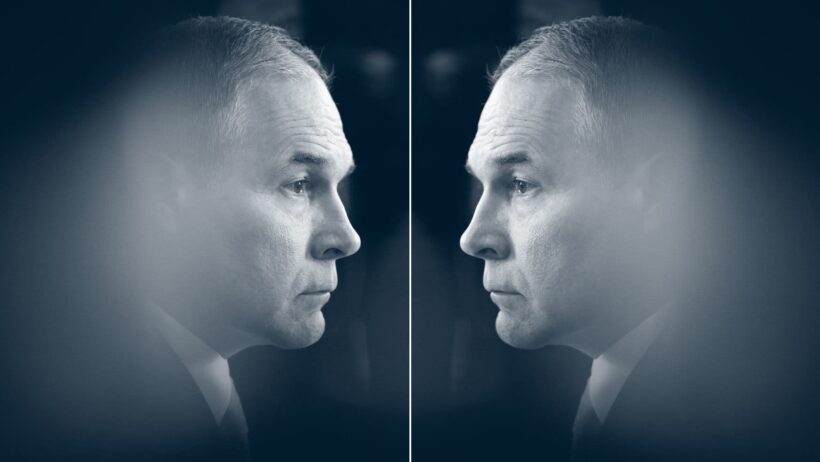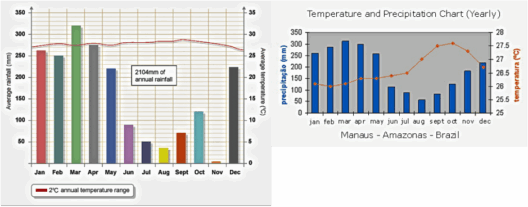As the cataclysmic impacts of climate change unfold with increasing intensity, a pressing question emerges: Does the government truly care about global warming? This inquiry transcends mere political rhetoric and cuts to the core of governmental responsibility, public safety, and collective accountability. The complexity of climate change necessitates a multi-faceted approach from government entities at all levels, yet the effectiveness of their actions is often challenged by both the public perception and political machinations that might not prioritize the long-term health of the planet.
To comprehend the government’s role in addressing global warming, one must first consider the multifarious dimensions of climate policy. Traditionally, governments are seen as arbiters of public interest. They are expected to protect their citizens, uphold environmental standards, and foster sustainable development. However, the realpolitik of climate action often reveals a disparate landscape where conflicting interests can obscure genuine concern for climate issues. Industries reliant on fossil fuels wield considerable political influence, which can lead to policies that favor short-term economic gains over long-term environmental sustainability.
In many regions, there’s a tangible disconnect between governmental commitments to climate action and the implementation of effective policies. Despite international accords, such as the Paris Agreement, compliance often falters. Politicians may endorse climate initiatives in public forums, but the translation of these commitments into concrete actions remains inconsistent. This paradox raises legitimate skepticism regarding the underlying motivations driving policy decisions. Is the commitment to combat global warming an authentic endeavor or merely a public relations maneuver?
The economic dimension further complicates the inquiry. The looming existential threat of climate change poses substantial risks to economic stability, yet immediate fiscal pressures often take precedence. For instance, governments may prioritize job preservation in traditional energy sectors over a transformative shift towards renewable energy solutions. The ramifications of such decisions are profound—they entail a hesitancy to transition away from fossil fuels, despite overwhelming evidence calling for such action. This hesitation is emblematic of a broader reluctance to embrace necessary but disruptive changes, a phenomenon often referred to as “policy inertia.”
A pertinent exemplification of this reluctance can be observed in government responses to climate advocacy. Grassroots movements and environmental organizations tirelessly lobby for stringent climate regulations, yet their efforts are frequently met with bureaucratic barriers. The tussle between advocacy groups and governmentaled coalitions illustrates a broader societal struggle—a fight between the irrepressible demands for ecological preservation and the sluggish machinery of political governance.
Dive deeper into the emotional landscape surrounding climate change, and one finds a profound ambivalence. For many, the implications of climate change provoke existential dread, encapsulating fears for future generations and the survival of various ecosystems. Such sentiments can catalyze passionate discourse and mobilization. Yet, when governmental narratives fail to resonate with the urgency of these ecological crises, disillusionment prevails. The emotional disconnect can lead the public to perceive governmental attempts to address climate change as inadequate, surface-level, or insincere.
In the context of climate change, transparency and accountability emerge as crucial elements. Citizens are increasingly demanding that their governments act decisively and transparently in relation to climate policies. However, a consistent lack of clear communication from authorities regarding environmental strategies can foster discontent and skepticism. Public trust in government efficacy wanes when bureaucratic jargon muddles the clarity of actionable plans, leading many to question whether government truly prioritizes the long-term health of the planet.
Moreover, socio-political dynamics play a pivotal role in the climate conversation. The partisan polarization surrounding environmental issues often results in stark divergences in policy approaches. In certain political climates, addressing climate change is seen as an ideological battleground, rather than a collaborative effort grounded in scientific rationale. This polarization can stymie progress, rendering substantive climate legislation ineffective amidst ongoing political strife.
The generational divide adds another layer of complexity to understanding governmental authenticity in climate action. Younger citizens, who are likely to inherit the consequences of current inaction, often express heightened concern for climate issues. Their engagement in activism brings fresh urgency to the dialogue, yet such movements can also be marginalized by older political structures. In this light, some may argue that the government’s responsiveness reflects an unwillingness to adapt to a shifting societal paradigm that prioritizes ecological sustainability over the status quo.
Nevertheless, there are glimmers of hope amidst this disheartening tableau. Across the globe, certain governments exhibit an earnest commitment to mitigating climate change. Policies centered on renewable energy, conservation initiatives, and emission regulations signal a recognition of global warming as a dire threat. However, the effectiveness of these measures is contingent upon their execution, funding, and public support.
In conclusion, the question of whether governments genuinely care about global warming is a nuanced and multifaceted issue. It involves examining the interplay of economic interests, public advocacy, transparency, and social dynamics. While there are profound challenges, opportunities for progress do exist. A collective, informed public discourse on climate change holds the potential to reevaluate governmental priorities and catalyze meaningful action. As awareness grows, so too does the imperative for governments to authentically respond to the looming threat of climate change with urgency and integrity. Ultimately, society must advocate for accountability and clarity, demanding actions that truly reflect an unwavering commitment to environmental stewardship.








